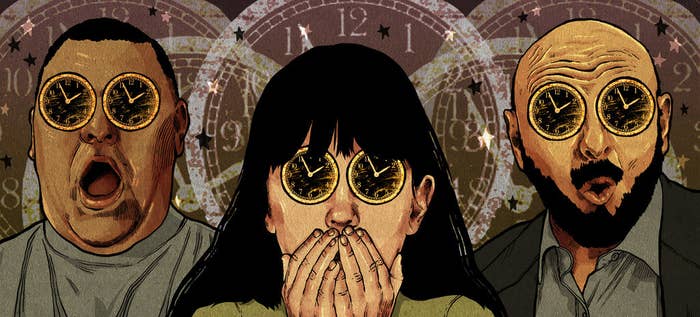
1. Time passes faster for your face than for your feet (assuming you're standing up). Einstein's theory of relativity dictates that the closer you are to the centre of the Earth, the slower time goes – and this has been measured. At the top of Mount Everest, a year would be about 15 microseconds shorter than at sea level.
2. A second isn't what you think it is. Scientifically, it's not defined as 1/60th of a minute, but as "the duration of 9,192,631,770 periods of the radiation corresponding to the transition between the two hyperfine levels of the ground state of the caesium 133 atom".
3. What you think of as a day – how long it takes the Earth to rotate – isn't 24 hours. It's 23 hours, 56 minutes and 4.2 seconds. The reason it's 24 hours from sunrise to sunrise is because every day the Earth moves further in its orbit round the sun – and the change in its position lengthens the day slightly.
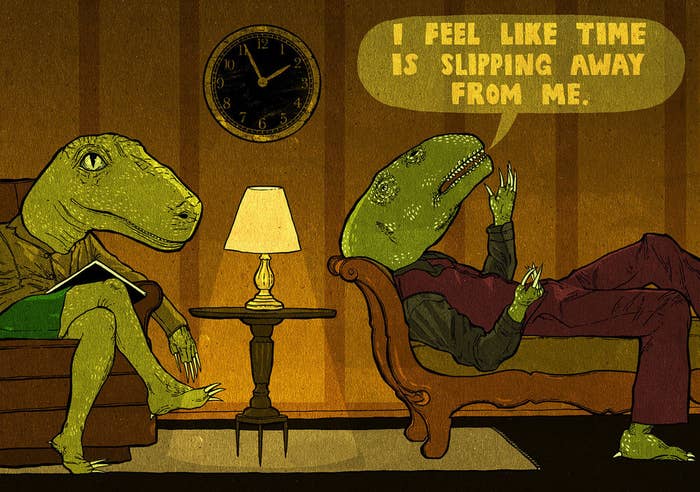
4. When the dinosaurs were alive, there were 370 days in a year. The Earth's spin is getting slower because the moon's gravity is acting as a drag, so days are getting longer, by about 1.7 milliseconds per century.
5. The smallest standard scientific measure of time is the "Planck time". It takes you about five hundred and fifty thousand trillion trillion trillion Planck times to blink once, quickly.
6. On Mercury, a day is two years long.
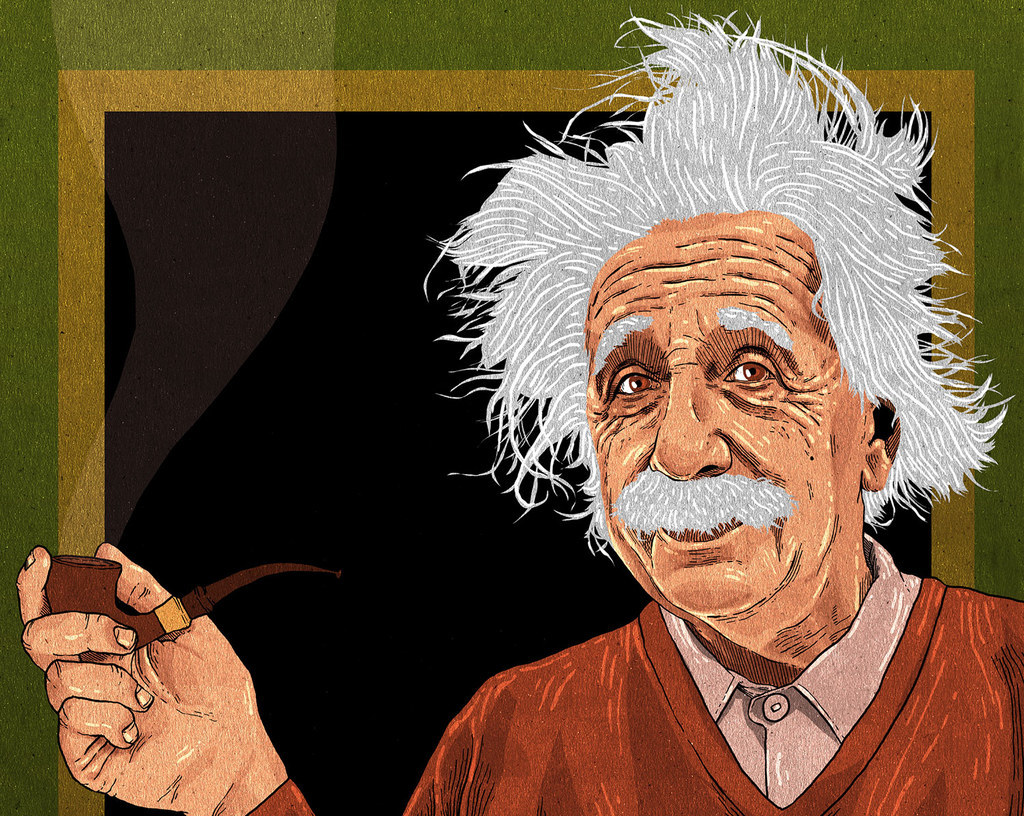
7. There's no such thing as "now" as far as physics is concerned. Space and time are fluid, affected by gravity and your speed. Einstein put it like this: "For us physicists, the distinction between past, present and future is only an illusion, however persistent."
8. Because light takes time to reach us, everything we see is in the past. The sun you can see out of the window is 8 minutes and 20 seconds old. The light from our nearest star, Proxima Centauri, is 4 years old.
9. New experiences really do seem to be longer in the memory than familiar ones. It's called the "oddball effect", and it seems to be why time feels like it's going faster as you get older – because more stuff is familiar to you.
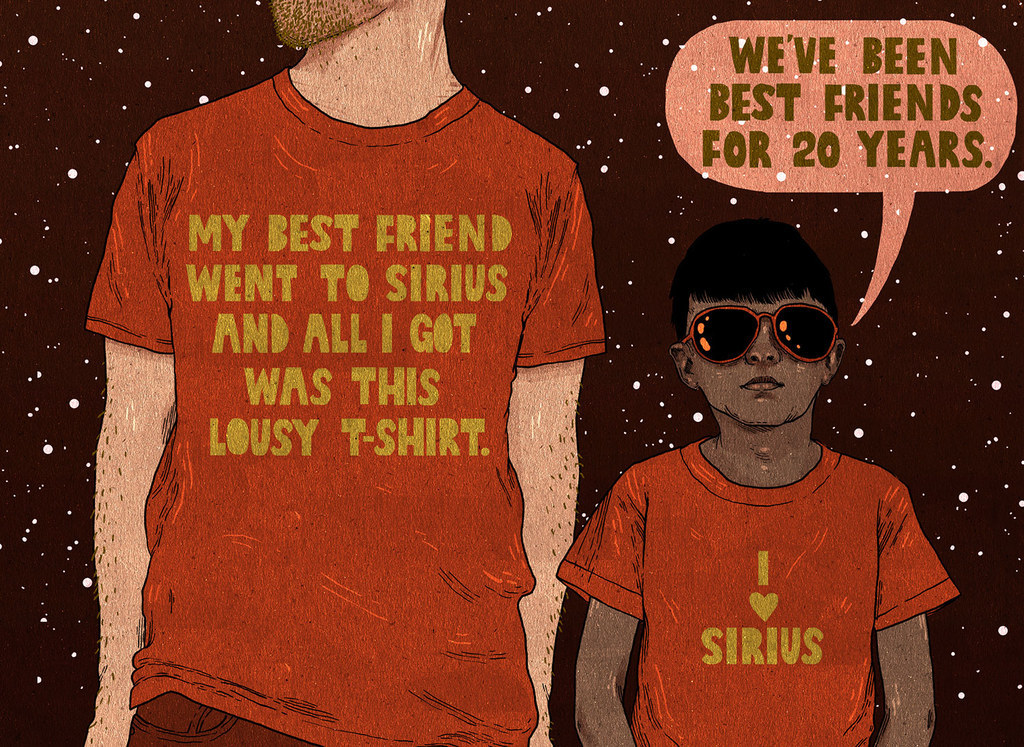
10. Time passes slower the faster you move. If you flew to the star Sirius at 99% of the speed of light, then flew back again, the people you left behind on Earth would have aged more than 17 years. But you would have aged less than two and a half years.
11. The universe is 13.8 billion years old, give or take. If we compressed that into a year – with the Big Bang happening at 00:00:01 on 1 January – then the dinosaurs would be wiped out on 29 December, and modern humans would appear at 11:54pm. Christopher Columbus would sail across the Atlantic one second before midnight.
12. The most accurate clock ever built is the strontium clock, which is accurate to within a second over 15 billion years.
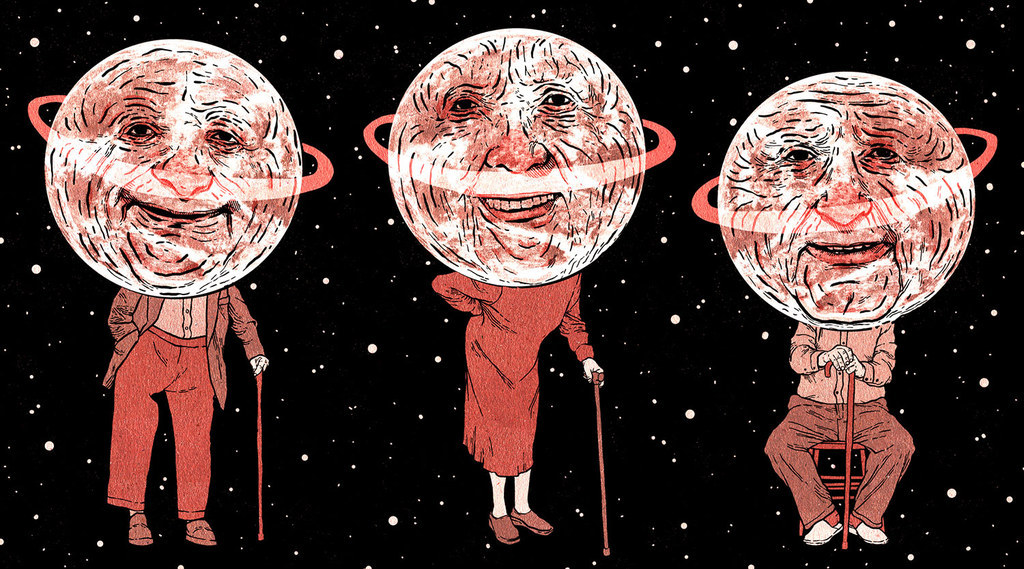
13. The oldest known object in the universe is a galaxy called z8_GND_5296. It's 13.1 billion years old – only about 700 million years younger than the universe.
14. The oldest known object on Earth is a 4.4-billion-year-old crystal, a zircon, that was found in Jack Hills in Western Australia. It's only 160 million years younger than the Earth itself.
15. The reason clocks show the same time across whole countries is that it makes train timetables easier to run. Until the 19th century, towns set their clocks by the local noon, so clocks in Bristol would be 11 minutes behind London. That meant people kept missing their trains, so railway companies began using standard, London-based UK time, starting with the Great Western Railway in 1840.
16. Time might be grinding to a halt. Distant galaxies appear to be moving faster than nearby ones, suggesting that the universe is accelerating as it expands. The usual theory to explain that is a mysterious force in the universe known as "dark energy". But a Spanish physicist has proposed an alternative possibility, that the further-away, older galaxies only seem to be moving faster because in the past, time was faster. If he's right, in a few billion years, "everything will be frozen, like a snapshot of one instant, forever".
17. Next week, your watch will be one second slow. The fact that the Earth's rotation is slowing, and therefore the days are getting longer, means that our 24-hour day is very slightly off. Every so often, the International Earth Rotation Service, the body which regulates astronomical time, has to add a second – called a "leap second" – to the clock to keep things regular. The next one is on June 30, 2015.
